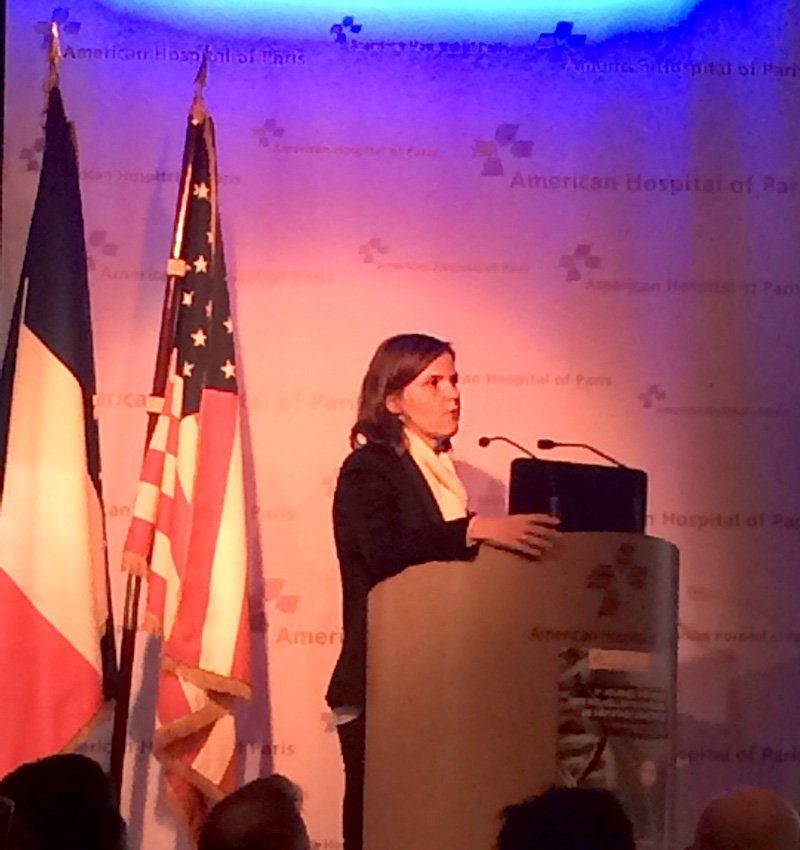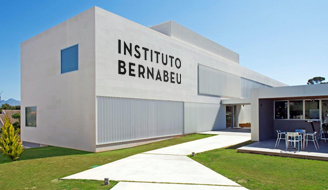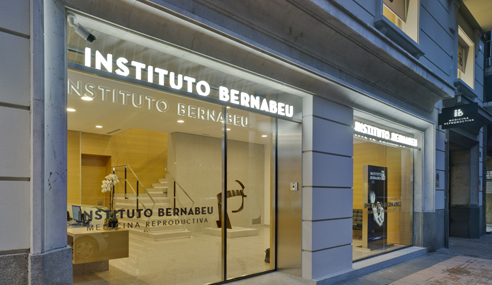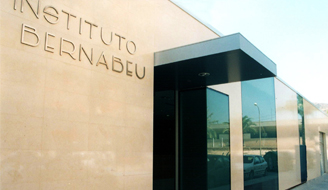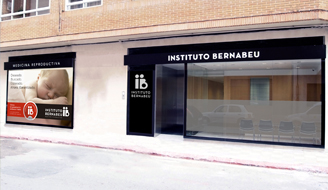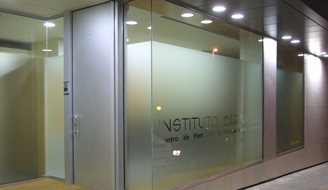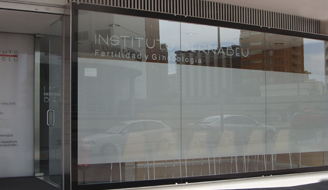Instituto Bernabeu participation in the event on updates in reproductive medicine genetic technologies held in Paris
Dr Belén Lledó, a molecular biologist at Instituto Bernabeu, has participated in an international gathering of experts in reproductive medicine genetic technologies held in Paris. The gathering included events covering the very latest in the field from both a technical and ethical point of view. The aim of the 2nd edition of the event entitled 'Journée d’Éthique des Nouvelles Techniques de Dépistage Génétique' (event on the ethics of new genetic diagnosis technologies) was to make progress in genetic diagnosis, particularly from a prevention point of view, so that the birth of children with genetic abnormalities can be avoided. Dr Belén Lledó gave a review of progress in genetics and how next generation sequencing techniques have been applied to clinical diagnosis of genetic disorders. The expert from Instituto Bernabeu illustrated her own experience in laboratories and how progress in technologies has meant that the clinic is currently able to detect up to 600 disorders by means of a genetic compatibility test (GCT). This reaches far beyond the scope of screening based on a single disease that was previously the case. Dr Lledó explained that, at Instituto Bernabeu, all couples are advised to take the preconception test, irrespective of if they plan to undergo assisted reproduction treatment or not. By taking the test, it can be determined if there are genetic incompatibilities between the couple.
A GCT is carried out as routine on all gamete donors, whether they be of ova or of sperm. The recommendation consists of comparing this test with the results obtained in the receptor patient. In fact, 6% of donations at Instituto Bernabeu are rejected due to the presence of a genetic mutation that runs this risk of being passed on to the future baby.
